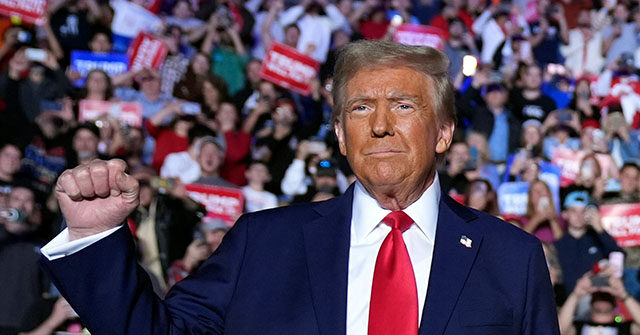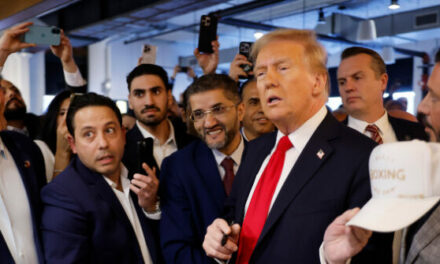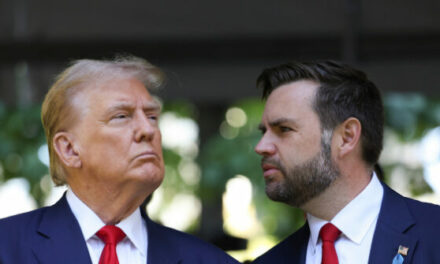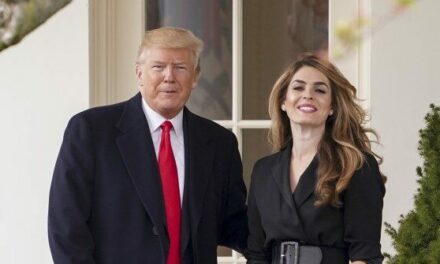We support our Publishers and Content Creators. You can view this story on their website by CLICKING HERE.

As Donald Trump secures a second term in the White House, Silicon Valley and big tech billionaires are bracing for potential changes and challenges that could reshape the sector’s landscape.
Business Insider reports that Donald Trump’s victory in the 2024 presidential election has the technology sector in a state of anticipation and uncertainty. As the dust settles, industry leaders and experts are closely monitoring the potential impact of Trump’s second term on key issues such as AI regulation, immigration, antitrust cases, and mergers and acquisitions.
One notable development is Trump’s relationship during the election with Elon Musk, the tech billionaire who most publicly supported Trump. During his election night speech, Trump lavished praise on Musk, highlighting his impressive achievements in the space industry. This relationship could potentially influence the administration’s stance on various tech-related matters.
However, not all tech giants are in Trump’s good graces. During the campaign trail, Trump threatened retribution against companies like Meta and Google. He even went as far as suggesting that he would target Meta CEO Mark Zuckerberg and order the Justice Department to prosecute Google at the “maximum levels” for alleged election interference and unfavorable search results. While it remains to be seen whether Trump will follow through on these threats, the possibility of increased regulatory scrutiny looms over these tech behemoths.
Another significant concern for the tech industry is the potential impact of Trump’s proposed tariffs on foreign goods. Barclays has warned that the tech sector could be one of the hardest hit by these wide-ranging tariffs, with potential consequences including higher cost inflation and slowing economic growth. Retail analysts are closely monitoring the situation, as the implementation of these tariffs could lead to a massive upheaval in cost structures for many companies.
On the antitrust front, experts believe that ongoing cases against Apple, Google, Meta, and Amazon are unlikely to be significantly affected by the change in administration as it would be highly unusual for a president to interfere with existing cases. However, Trump’s appointee for the Assistant Attorney General leading the antitrust division could potentially influence future enforcement actions.
Mergers and acquisitions are another area where Trump’s presidency could have an impact. Historically, Republican administrations have been considered more “merger-friendly,” and experts anticipate that more big mergers will be proposed under Trump’s second term. However, Trump’s track record of opposing certain mergers, such as the AT&T-Time Warner deal, suggests that his stance may not always align with traditional Republican views.
The tech industry’s reliance on high-skilled immigrant workers through H-1B visas is also a point of concern. Trump’s hardline stance on immigration during his campaign has raised fears that restrictions on H-1B visas could hinder the sector’s ability to attract top talent, particularly amid the ongoing AI hiring frenzy. Pro-immigration experts warn that limiting access to skilled immigrant workers could damage America’s competitive edge on the global stage.
Regarding AI regulation, Trump has not provided many specific details about his intended policies. However, he has vowed to rescind President Biden’s executive order on AI, which outlined policies around AI governance, competition, and addressing AI-enabled threats. While some tech companies may welcome less regulation and bureaucracy, others may find the lack of a clear roadmap for AI technology unsettling.
Read more at Business Insider here.
Lucas Nolan is a reporter for Breitbart News covering issues of free speech and online censorship.

 Conservative
Conservative  Search
Search Trending
Trending Current News
Current News 







